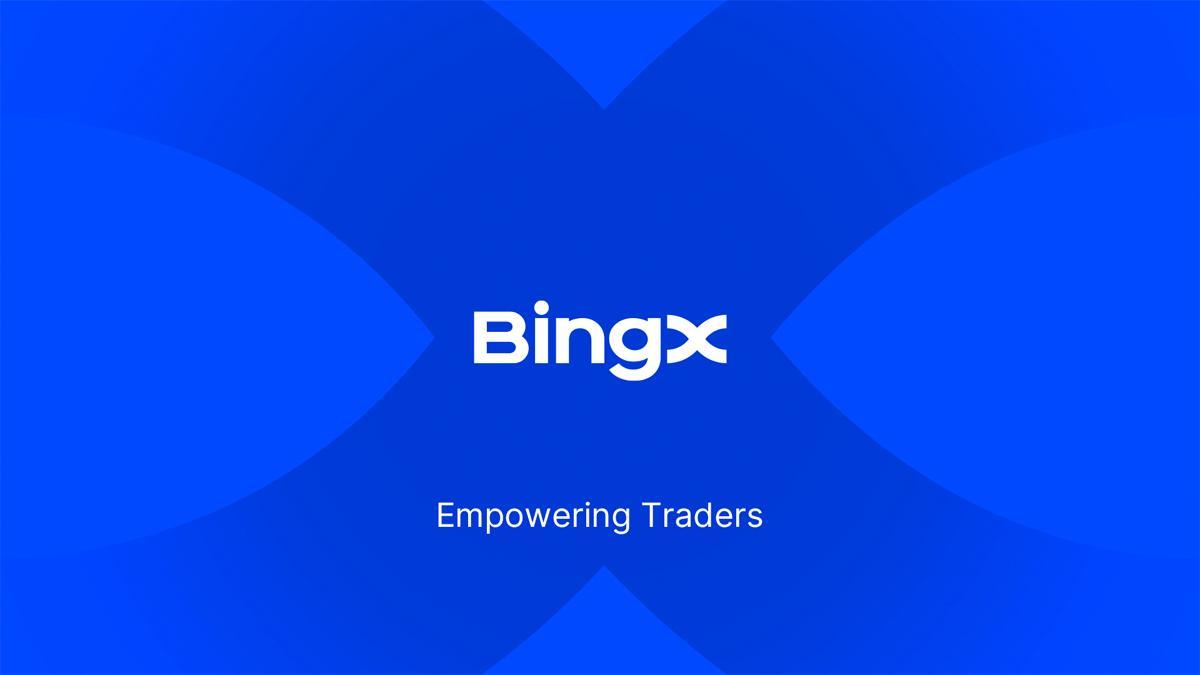The Australian Securities and Investments Commission (ASIC) has initiated legal proceedings against Binance Australia Derivatives, accusing the platform of misclassifying retail investors and denying them essential consumer protections.
Between July 2022 and April 2023, Binance classified over 500 retail clients—83% of its Australian customer base—as wholesale investors, according to the agency’s statement.
The error stripped these investors of crucial legal protections under Australian financial laws and exposed them to high-risk financial products, the regulator said Wednesday.
Under Australian regulations, retail clients are entitled to consumer protections such as a Product Disclosure Statement (PDS), a Target Market Determination (TMD), and access to an internal dispute resolution system.
PDS details the terms, benefits, and risks of financial products, and a TMD ensures that products are only offered to appropriate audiences.
ASIC alleges Binance failed to provide these safeguards, allowing clients to trade speculative and complex crypto derivative products without adequate support.
The Australian regulator claims Binance violated multiple obligations, including its duty to operate efficiently, honestly, and fairly under its Australian financial services license.
ASIC also accused the platform of failing to train its employees adequately and neglecting the conditions of its license.
It also claimed that Binance’s internal systems failed to deliver the protections required for retail investors. The crypto exchange reportedly compensated affected clients with approximately $13 million in 2023.
ASIC Deputy Chair Sarah Court described Binance’s compliance systems as “woefully inadequate,” noting how the misclassification exposed clients to high-risk speculative products without appropriate safeguards.
“Crypto derivative products are inherently risky and complex, so it is critical that retail clients are classified correctly,” said Court. “Those classifications ensure they receive the required consumer protections, and the information required to make an informed investment decision.”
In response to these breaches, ASIC is seeking penalties, declarations, and adverse publicity orders.
Last April, the ASIC canceled the operating license for Binance Australia Derivatives, after a “targeted review” of Binance that began in February.
The review was triggered after Binance publicly admitted to a client misclassification error on Twitter, writing “As per Australian regulation, we were required to inform these users and close any of their own derivative positions with immediate effect.”
“It has not yet reported these matters to ASIC in accordance with its obligations under its Australian Financial Services Licence,” an ASIC spokesperson later told Decrypt.
In July 2023, the Australian regulator reportedly conducted searches at the exchange’s local offices as part of its investigation into the now-defunct local derivatives business of the exchange.
This lawsuit comes amid ASIC’s increasing scrutiny of the crypto sector. Last week, the agency fined Kraken’s local operator $5.1 million for illegally offering margin trading to retail customers.
As part of its regulatory initiatives, ASIC introduced the INFO-225 consultation paper this month. Public feedback will be gathered through February 2025, with updated guidance scheduled for release later in the year.
Edited by Stacy Elliott.
Daily Debrief Newsletter
Start every day with the top news stories right now, plus original features, a podcast, videos and more.
Decrypt – Read More










